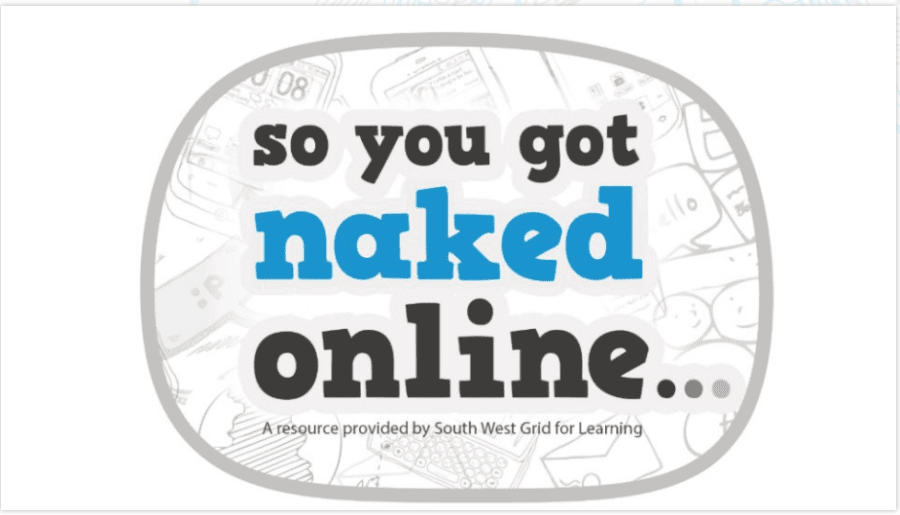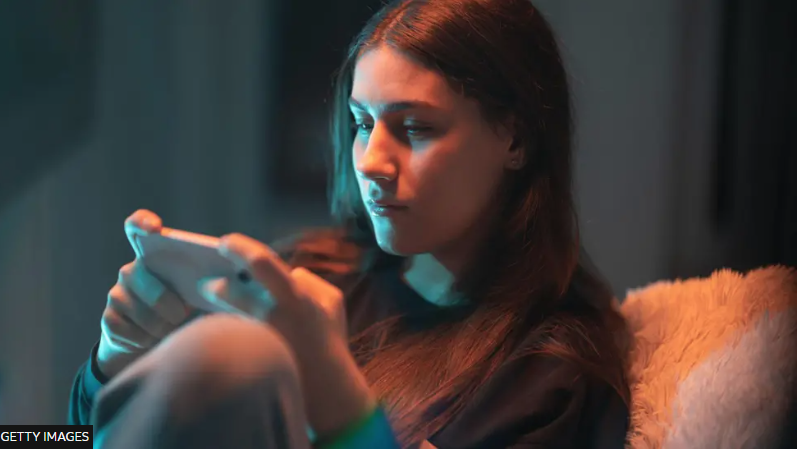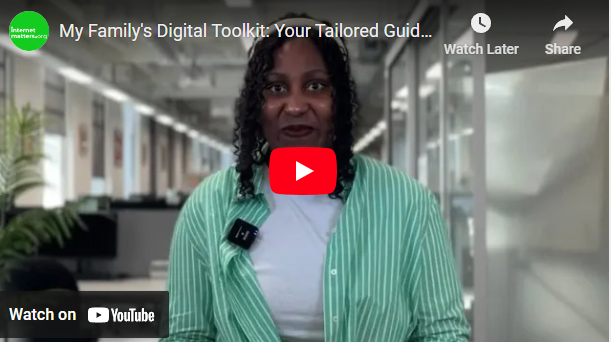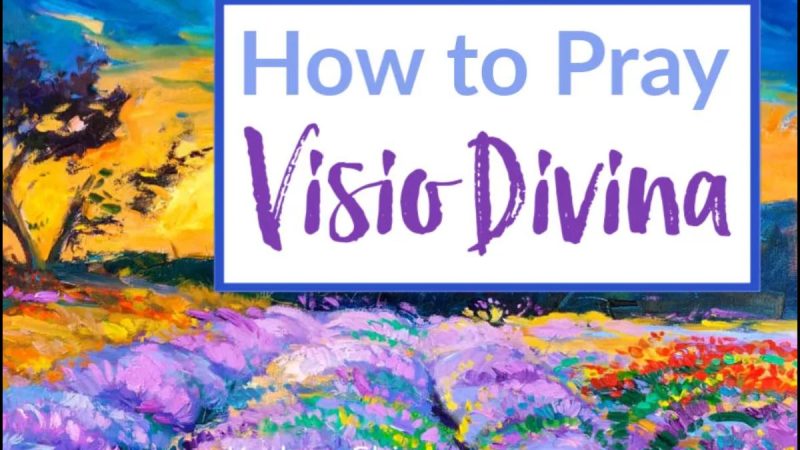Every week e-safety adviser Alan Mackenzie sends me weekly updates. They are useful teaching resources but also parent guides to keep you up to date with current trends.
Here are a few tips from this week’s updates:
Ofcom Report – Online Nation 2024
Ofcom have released their latest Online Nation report which highlights the differences between the online lives of men and women. In relation to children and young people one stark figure suggests that 22% of 8 to 17 year olds lie that they are 18 or over on social media apps (quick read BBC article HERE), therefore rendering protections useless.
Personally I think this figure is low. I know I could easily walk into a Year 6 class and the large majority of children will have accounts on apps such as Snapchat and TikTok. Perhaps they haven’t all signed up indicating their age is over 18, but a significant number do, or can’t remember which year of birth they used.
Overall, the Ofcom report makes an interesting read and goes into lots of detail, for example:
The potential harms to teen males and females plus their concerns are significantly different. This is useful to know: what and to whom are we targeting in the curriculum? In other words, is the curriculum differentiated to take into account these harms and the support that is given?
The full report can be found HERE.
Updated Resource – So You Got Naked Online
This free resource from South West Grid for Learning has been through various iterations since 2012 and the latest version brings the guidance for young people and parents right up to date including:
The risks of sexting and sextortion: how to respond to threats or pressure.
Legal and safety support such as Report Remove and CEOP.
Emotional recovery and self-care tips.
And much more.
For further details and to download click HERE.
For Parents – Loot Boxes
For many children and young people playing games is predominantly about socialising with their friends. Because of this there can be significant peer pressure to look and be better than everyone else, to get further in the game than other and more. In-game purchases such as loot boxes capitalise on this peer pressure, essentially enticing users to get ahead more quickly by spending money.
Loot boxes have been a concern for a long time. A few years ago in the UK it was thought that loot boxes would come under the updated Gambling Act but this never happened due to a lack of research, however it is though my many (including myself) that loot boxes can be a gateway or lead-in to gambling.
Concerningly, a BBC investigation has found that, out of the top 45 biggest games on the Google Play store, most are not disclosing that the games contain loot boxes properly. Many parents rely on the information that is available on the various game/app stores as well as ads to decide what is/is not appropriate for their children and this lack of important information is inexcusable.
The BBC article can be found HERE.
For Parents – My Family’s Digital Toolkit
I’ve shared this resource from Internet Matters before, but with Xmas just a few weeks away I thought it worth sharing again. The Family Digital Toolkit is where parents can get personalised online safety advice based on a number of factors such as age, popular apps and platforms their children use, tackling online issues and more. As a bonus parents can also be entered into a draw to win a prize bundle (including an iPhone 15).
The Family Digital Toolkit can be found HERE













